On April 27th and 28th, the Intersolar Summit Brasil Nordeste will take place. The congress will take place at the Ceará Events Center, and will feature more than 300 delegates, 30 speakers and 50 exhibitors.
The event aims to discuss policies, legal challenges and regulatory frameworks and financing and network integration solutions. Currently, the Northeast region is the highlight in the renewable energy sector, being suitable for investments in this area due to its high levels of solar irradiation.
Learn more about the event
Intersolar Summit Brasil Nordeste 2022
Ceará hosts Intersolar Summit Brasil Nordeste on April 27th and 28th
O Solar Channel spoke with Florian Wessendorf, managing director of Solar Promotion International GmbH, the company responsible for organizing the event, about the solar market and the mission of Intersolar Summit Brasil Nordeste.
Canal Solar: Florian Wessendorf, what is the mission of Intersolar Summit Nordeste do Brasil?
Florian: The mission of the Intersolar Summit Brasil Nordeste is to provide first-hand information to the public, promote high-quality networking opportunities, expand the application of photovoltaic technologies at a regional level and strengthen ties with the Brazilian photovoltaic sector as a whole.
What highlights will this edition bring to participants?
A notable feature of this event is the presence of local experts, acting as moderators or as speakers at the congress, representing both industry and academia.
The program covers a range of energy-related topics, such as photovoltaic solar energy in Ceará; the future of solar and the 2031 Expansion Plan; the evolution after the new legal regime; and solar distributed generation. In addition, business issues such as contracting, financing and insurance will be covered in a specific session.
What technologies will guests be able to learn? Is there anything new in the energy storage segment?
Two other important topics will be discussed at the Summit: The Green Hydrogen Hub in Ceará and PV Generation and Energy Costs in Brazil. Both are very specific issues: the first, due to current investments in Ceará for the export of H2V, the second, given the rise in conventional energy prices.
Regarding energy storage, we see accelerating growth rates around the world, not just for behind-the-meter systems, but also for large-scale storage applications that provide critical services to the power grid.
According to BloombergNEF, the global stationary storage market will grow nearly tenfold between 2022 and 2030, from 140 GWh to more than 1,000 GWh.
In Brazil, we observed the beginning of a very promising local energy storage market. There are a growing number of commercial systems that provide critical backup services and significant cost savings to their users.
We also see a growing interest in energy storage among policymakers and regulators in the Brazilian electricity market. Overall, we are very excited about these developments and expect Brazil to become a hot market for energy storage soon.
What are the public's expectations and impact on the photovoltaic market in the northeast region and throughout Brazil?
The public is eager for information about photovoltaic solar energy, which is experiencing a phase of strong growth in Brazil. New technologies and regulations, recurring themes throughout the Summit, boost energy markets, promote economic development and create new jobs.
The Brazilian Northeast is a pioneer and a robust renewable energy market. Focusing on photovoltaic distributed generation, Fortaleza plans to become self-sufficient in electrical energy by 2040.
The Intersolar Summit comes to encourage regional initiatives, which will be addressed at a national level by The Smarter E South America in August, in São Paulo. After all, photovoltaic energy aims for a carbon-free economy!


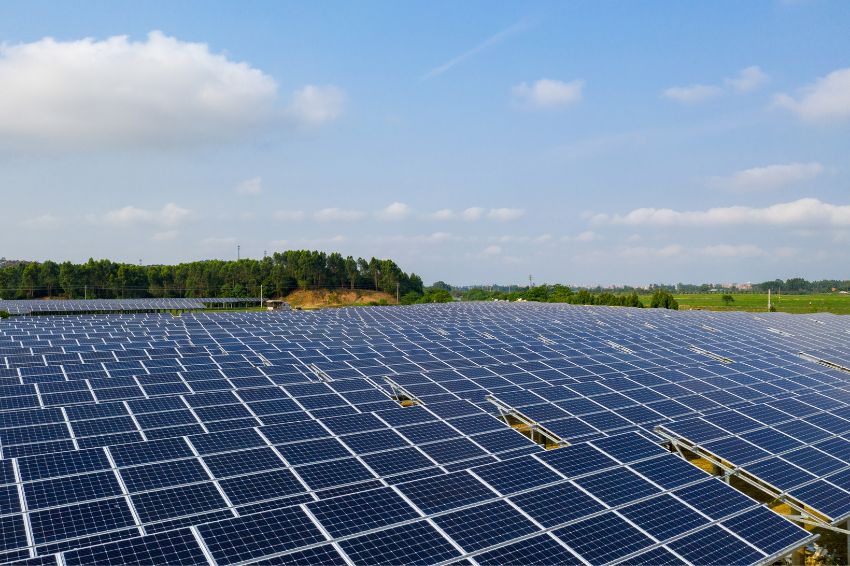
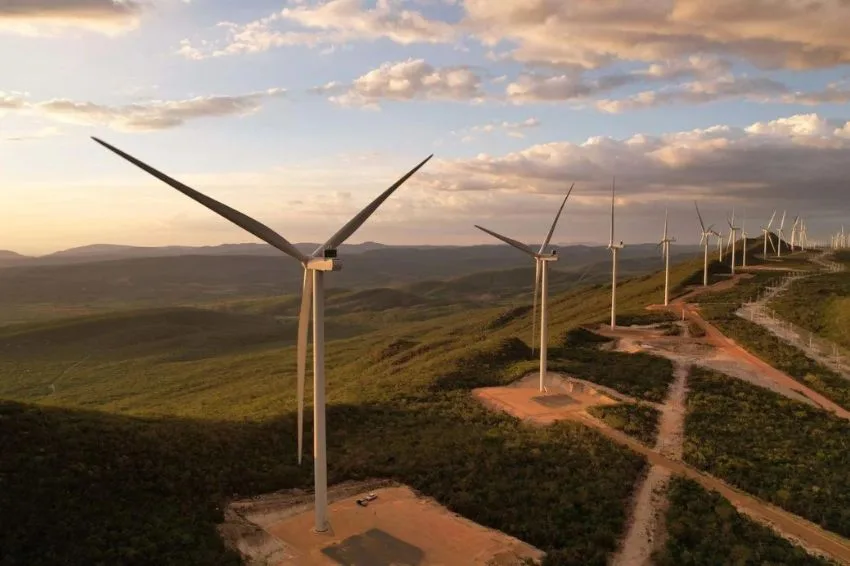
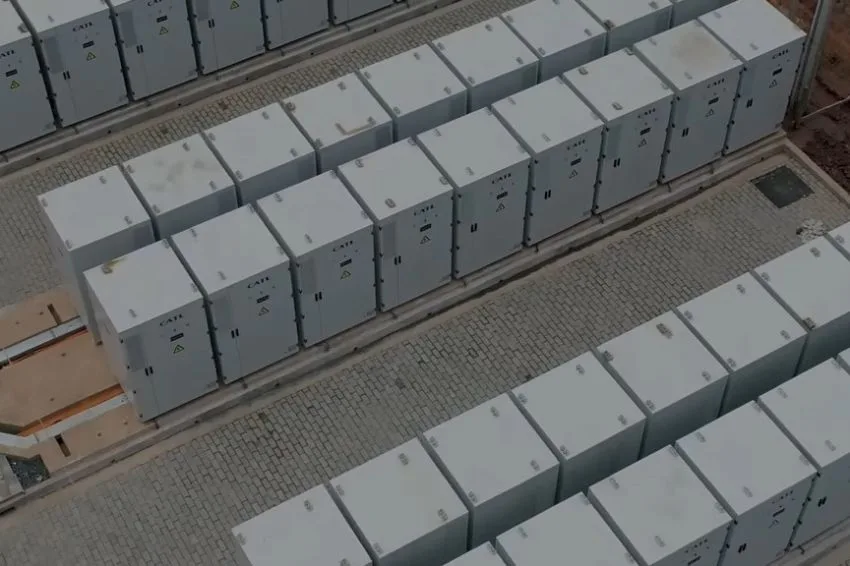
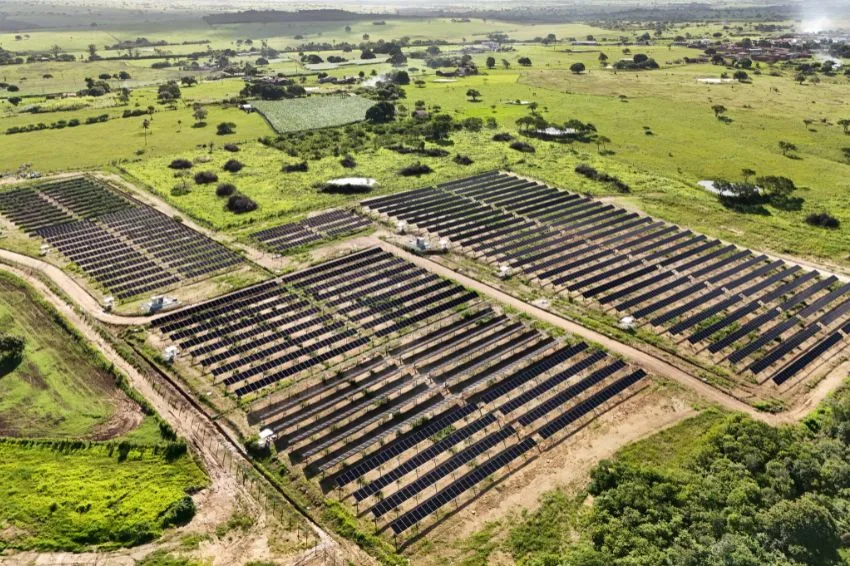
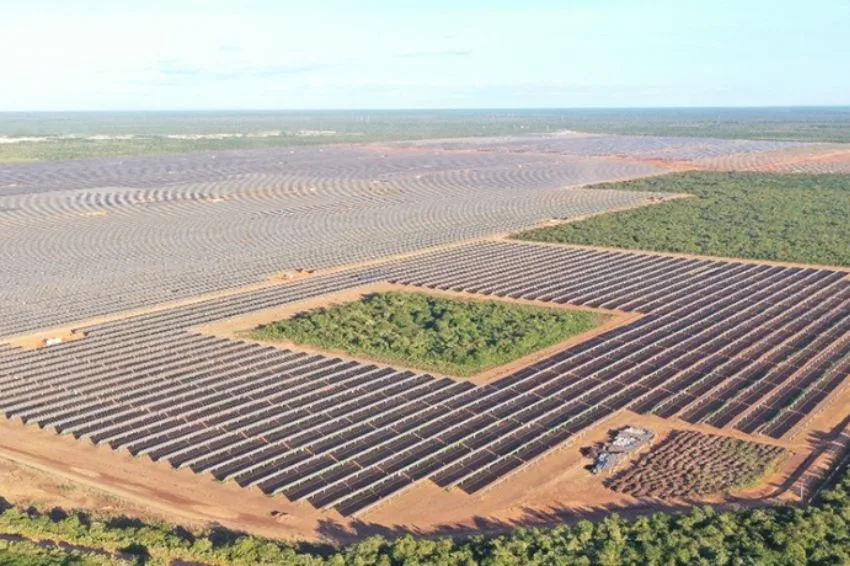








2 Responses
Will there be online registrations?
I recently saw news that the Sobradinho hydroelectric plant was operating at half its installed capacity and with open floodgates. The report said it was due to the bottleneck in transmission to other regions. With the growth rate of wind and solar power, isn't there a risk of some plants being shut down, or some being built and not being able to come into operation?